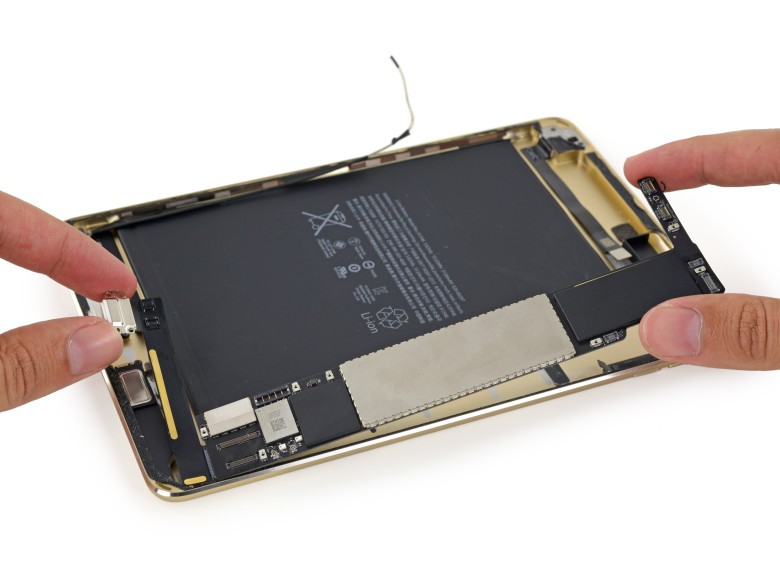 2077
2077
 2017-07-10
2017-07-10

Future iPhones and MacBooks will be more robust and easier to repair if the European Commission has its way.
Parliament is pushing for gadget makers like Apple to prolong the lifespan of their products by eliminating planned obsolescence and making it easier for consumers to repair and upgrade their devices.
Apple’s first-class customer service is renowned the world over, but getting an Apple product repaired can be a pain. If it’s out of warranty, the cost of labor and components isn’t cheap, and there’s little chance you’ll be able to carry out the job yourself.
That’s because Apple makes it incredibly difficult to repair its devices, but the European Commission wants to change that. It has outlined measures to “ensure consumers can enjoy durable, high-quality products that can be repaired and upgraded.”
It has published a list of recommendations that it would like manufacturers like Apple to follow when designing and manufacturing new goods. Not only would they make repairs easier, but they would make parts easier to obtain, and warranties more generous.
Here is the list:
robust, easily repairable and good quality products: “minimum resistance criteria” to be established for each product category from the design stage,
if a repair takes longer than a month, the guarantee should be extended to match the repair time,
member states should give incentives to produce durable and repairable products, boosting repairs and second-hand sales – this could help to create jobs and reduce waste,
consumers should have the option of going to an independent repairer: technical, safety or software solutions which prevent repairs from being performed, other than by approved firms or bodies, should be discouraged,
essential components, such as batteries and LEDs, should not be fixed into products, unless for safety reasons,
spare parts which are indispensable for the proper and safe functioning of the goods should be made available “at a price commensurate with the nature and life-time of the product”,
an EU-wide definition of “planned obsolescence” and a system that could test and detect the “built-in obsolescence” should be introduced, as well as “appropriate dissuasive measures for producers”
For now, these are just recommendations, but the European Commission can now move forward and attempt to make some or all of these things enforceable by law — at least in Europe.
In the U.S., consumers have the “Right to Repair” legislation, which is also fighting for similar things. It wants to ensure that products are easier to repair, and that manufacturers make parts and manuals easier to obtain.
Source: cult of mac